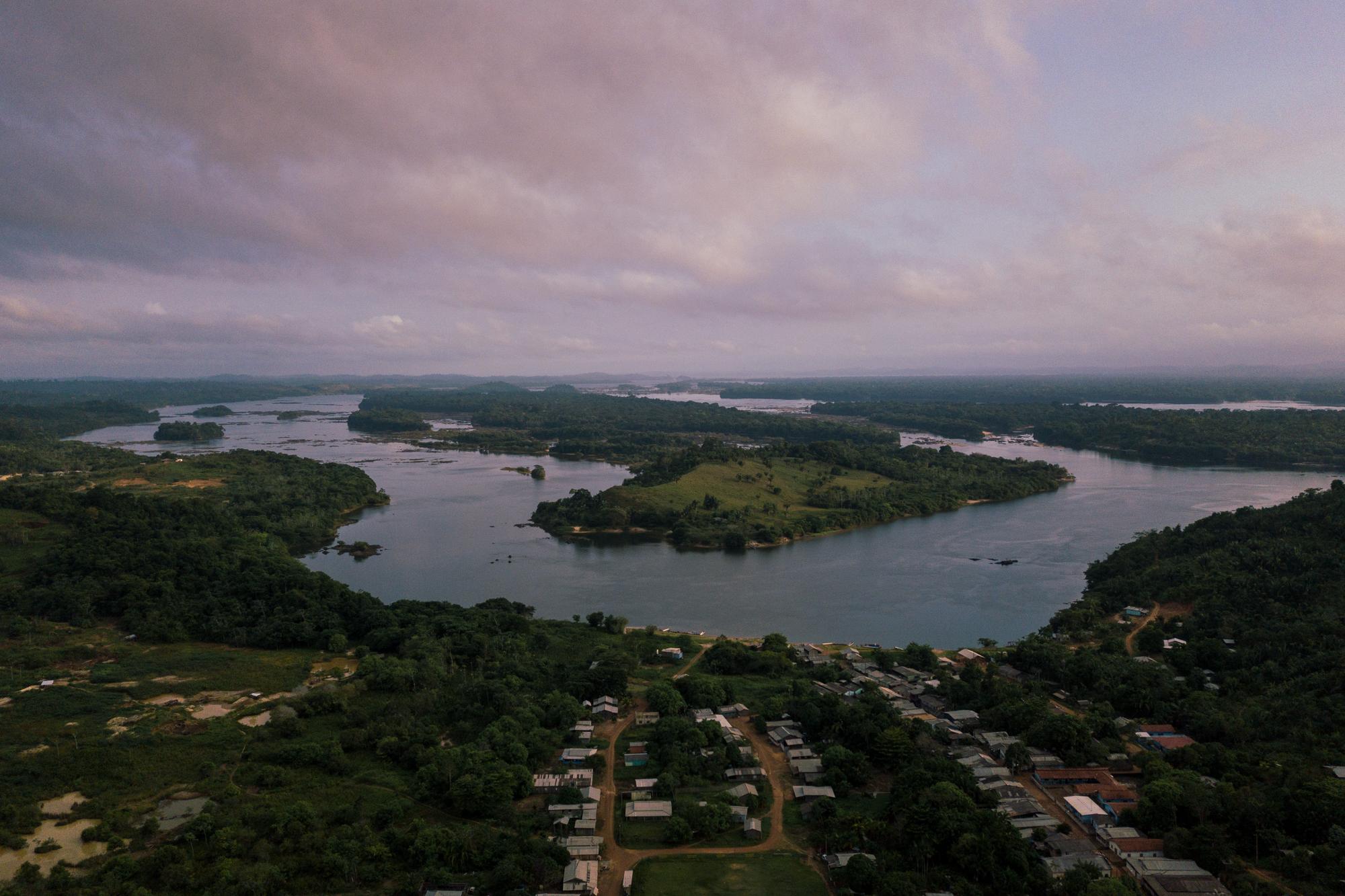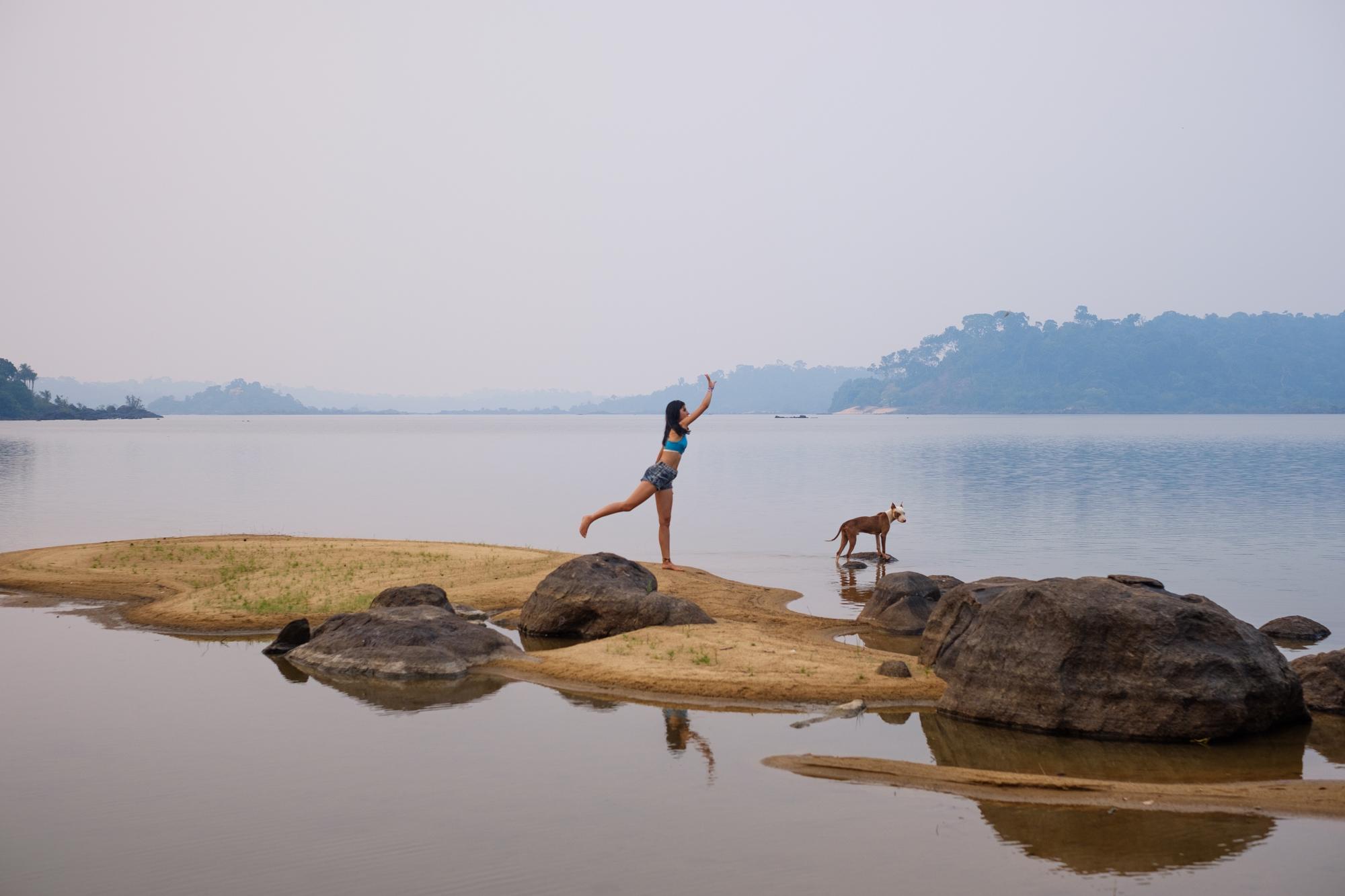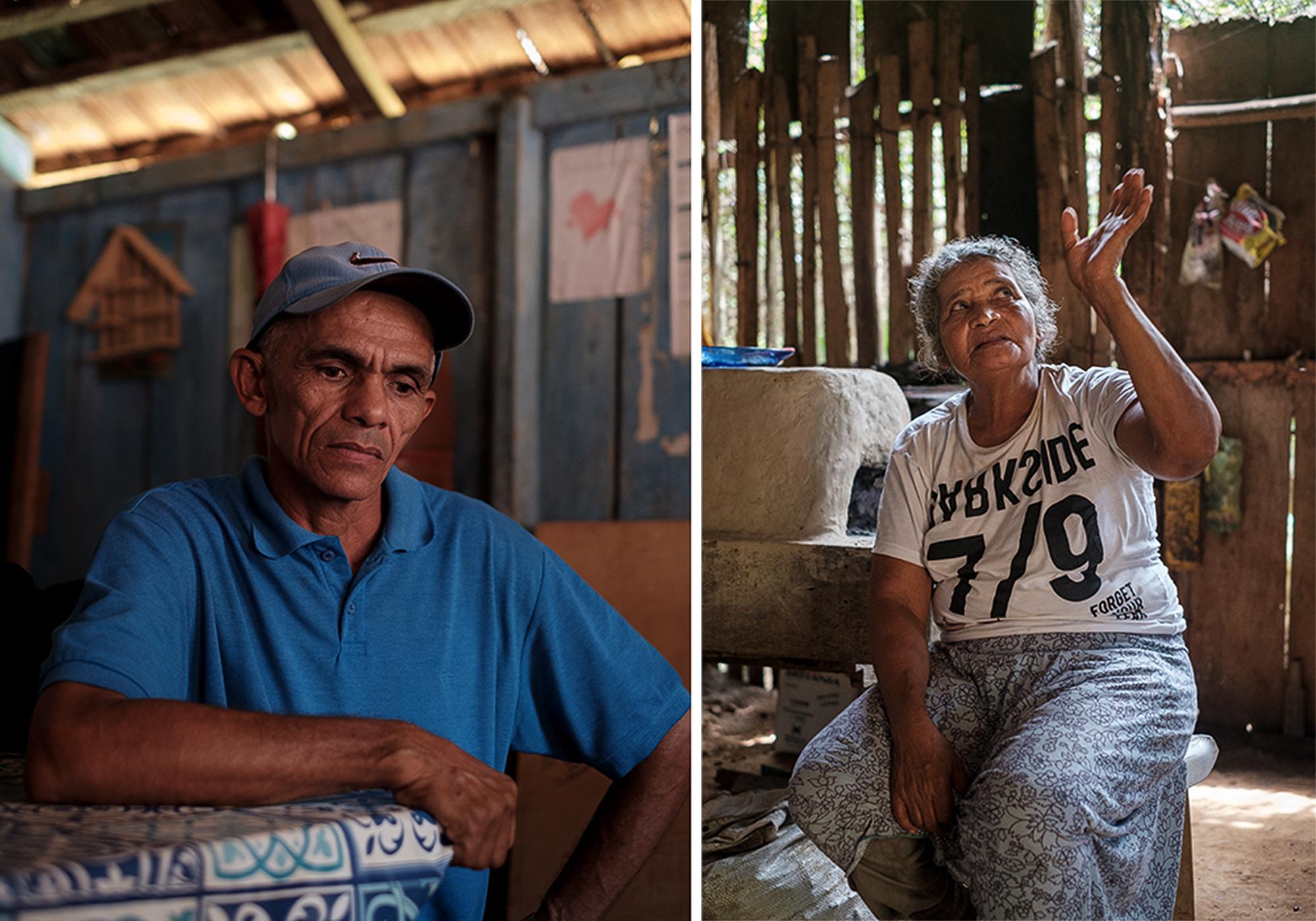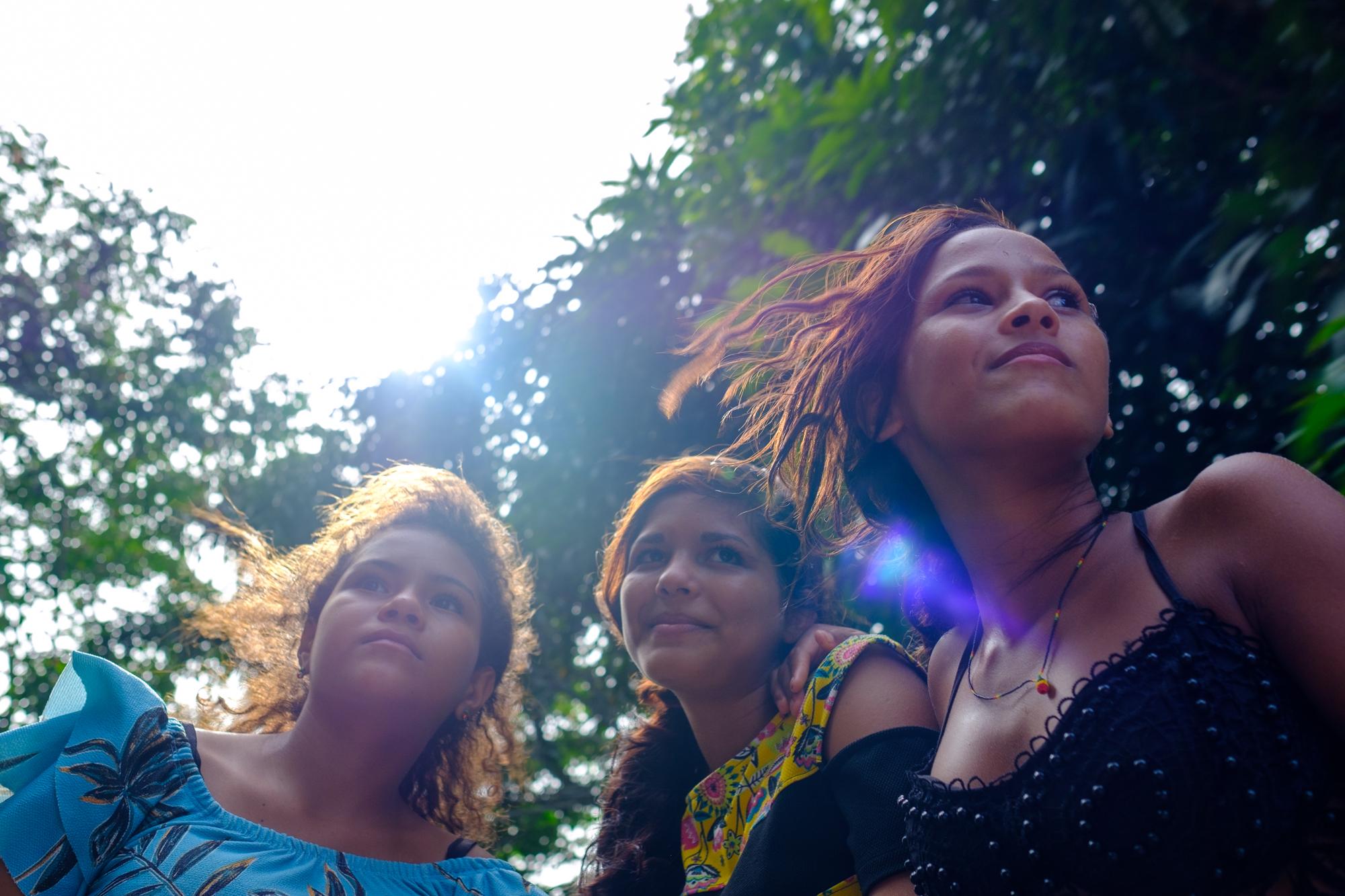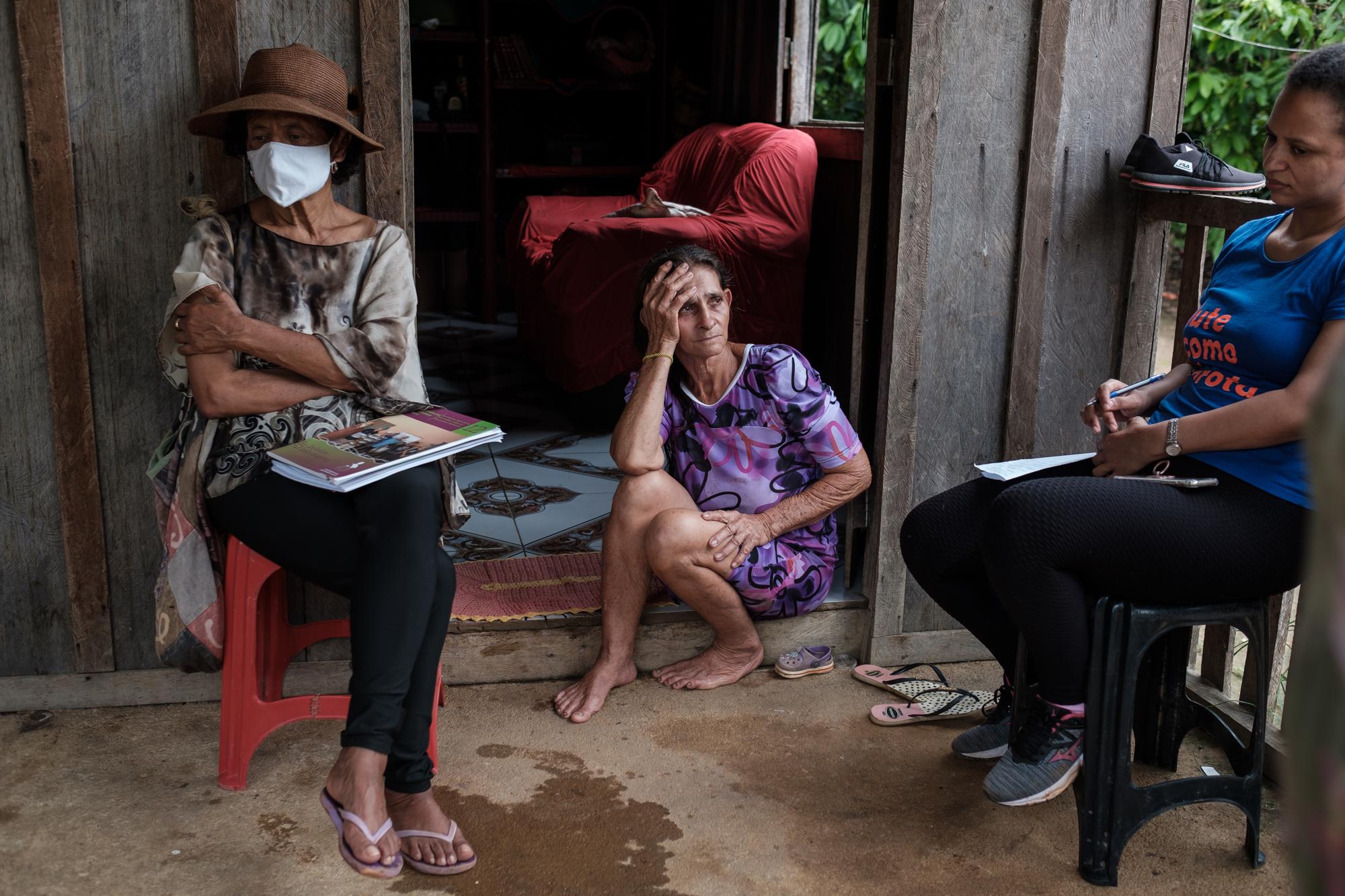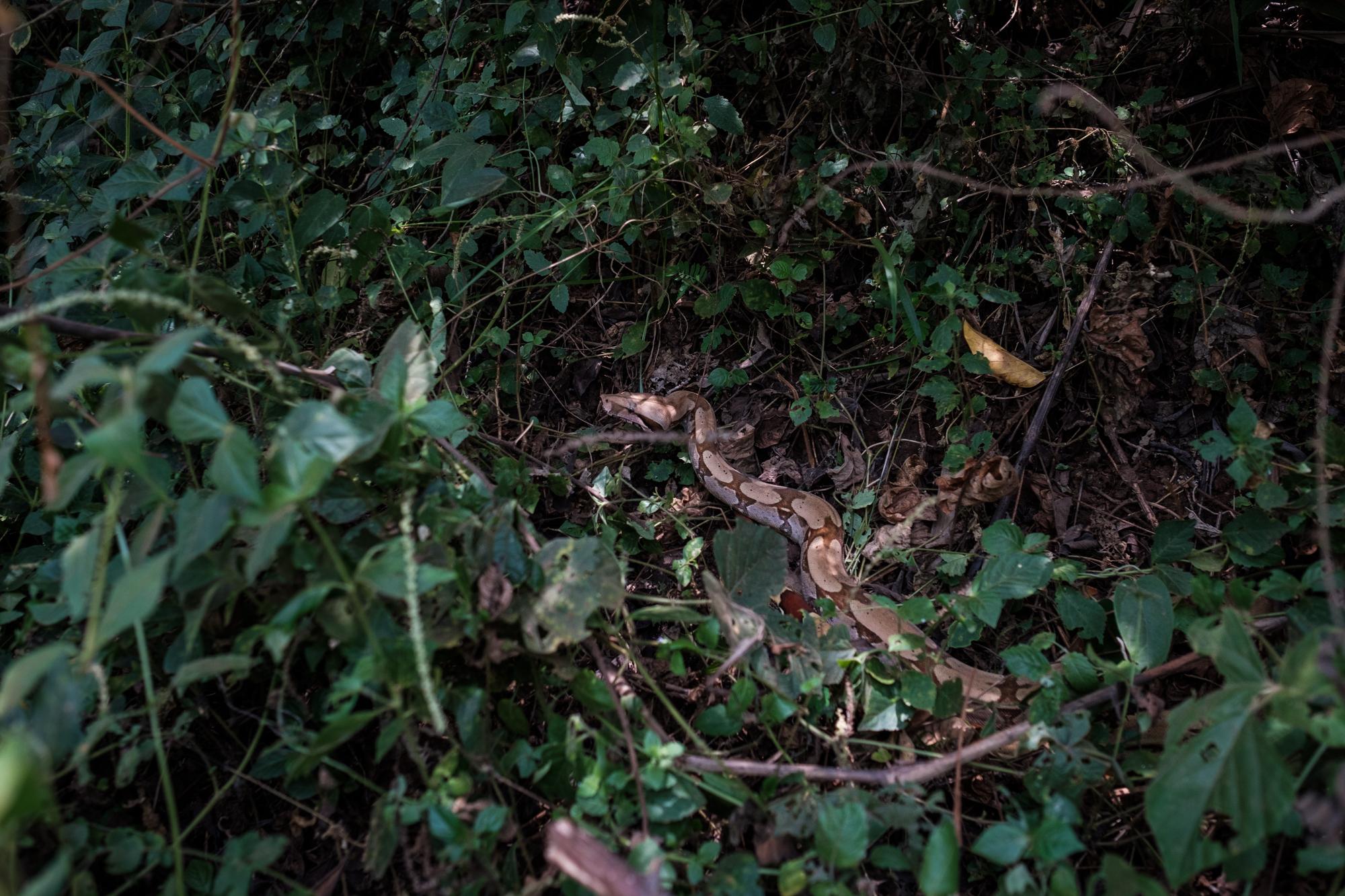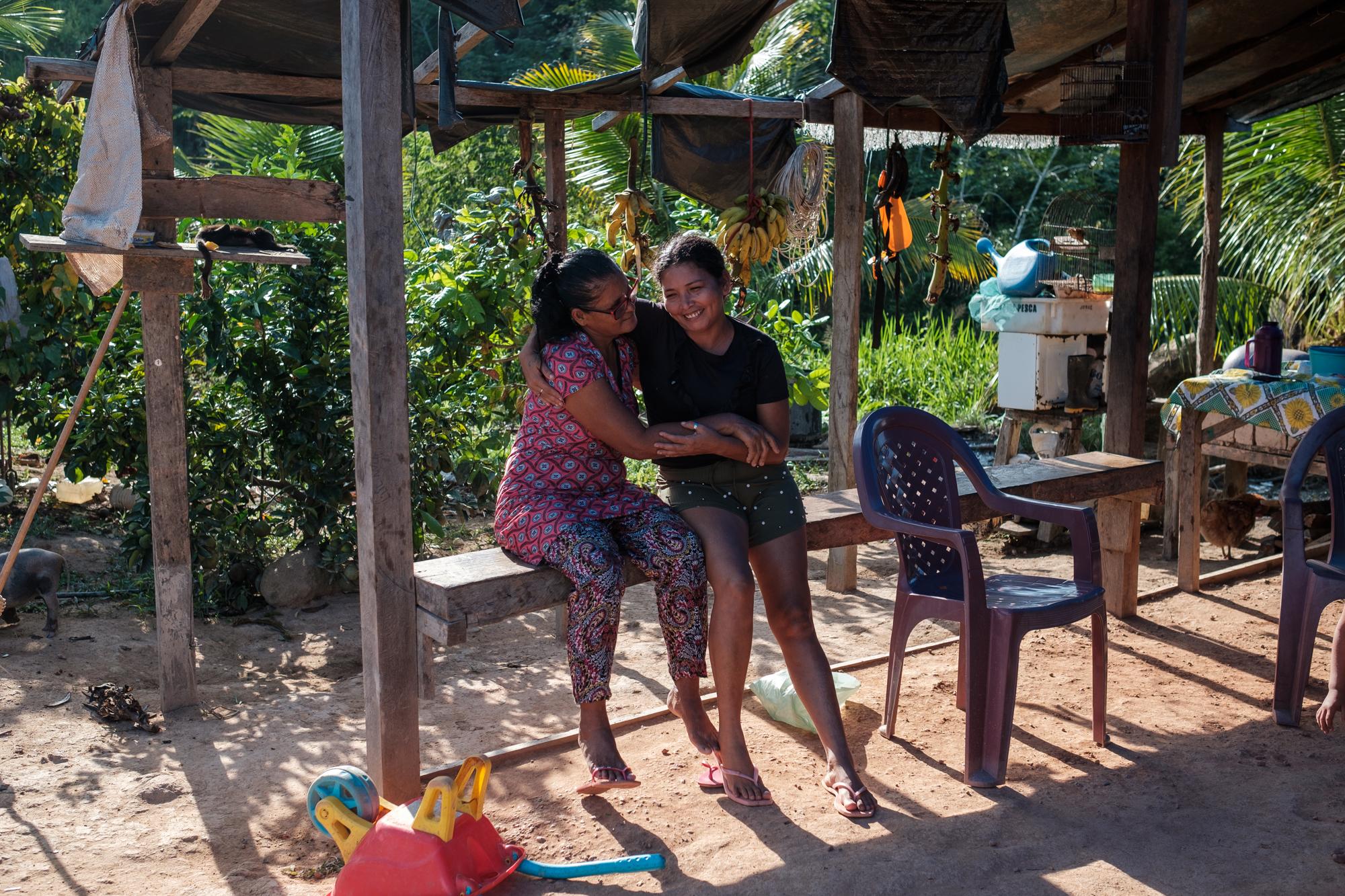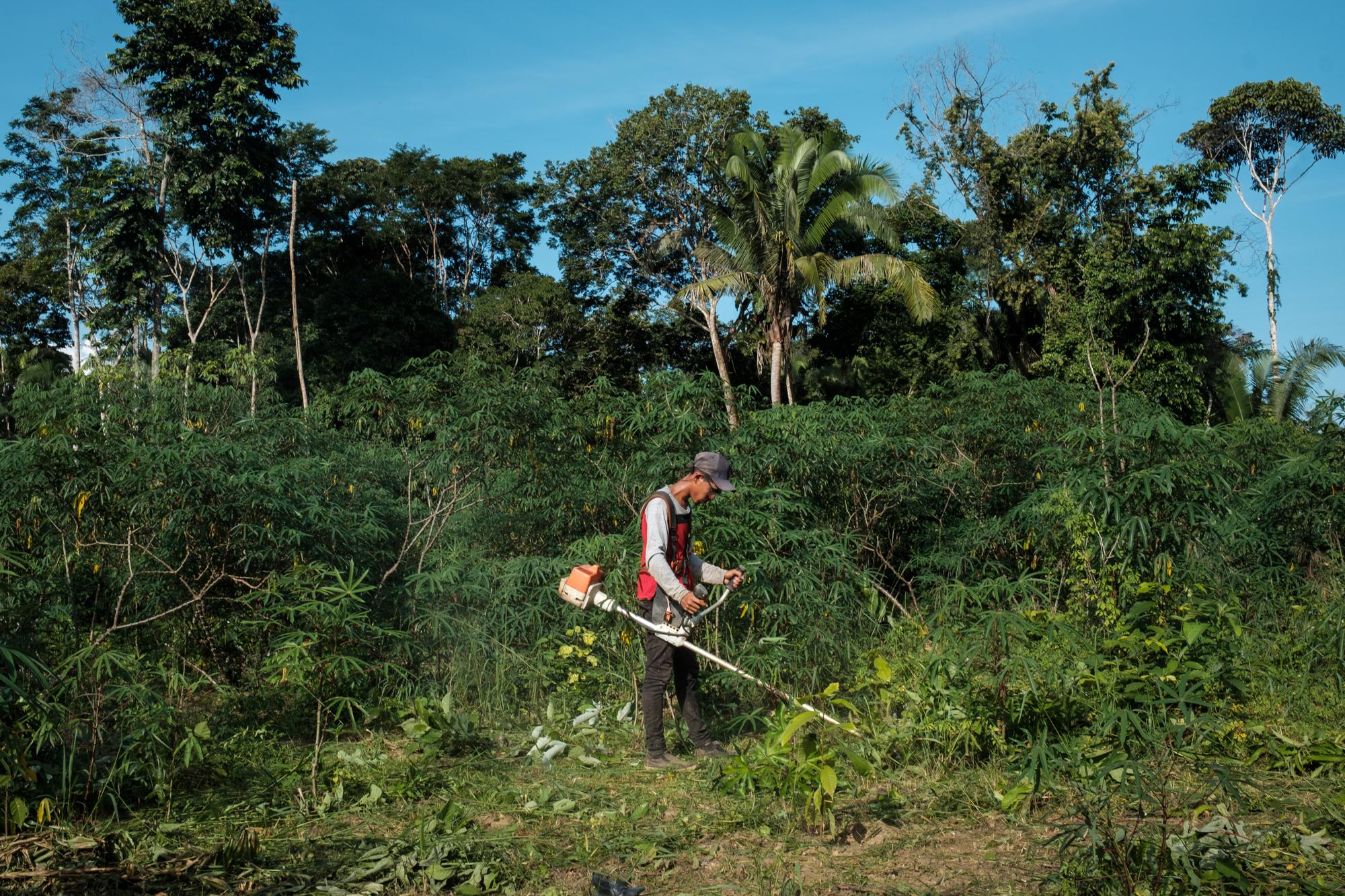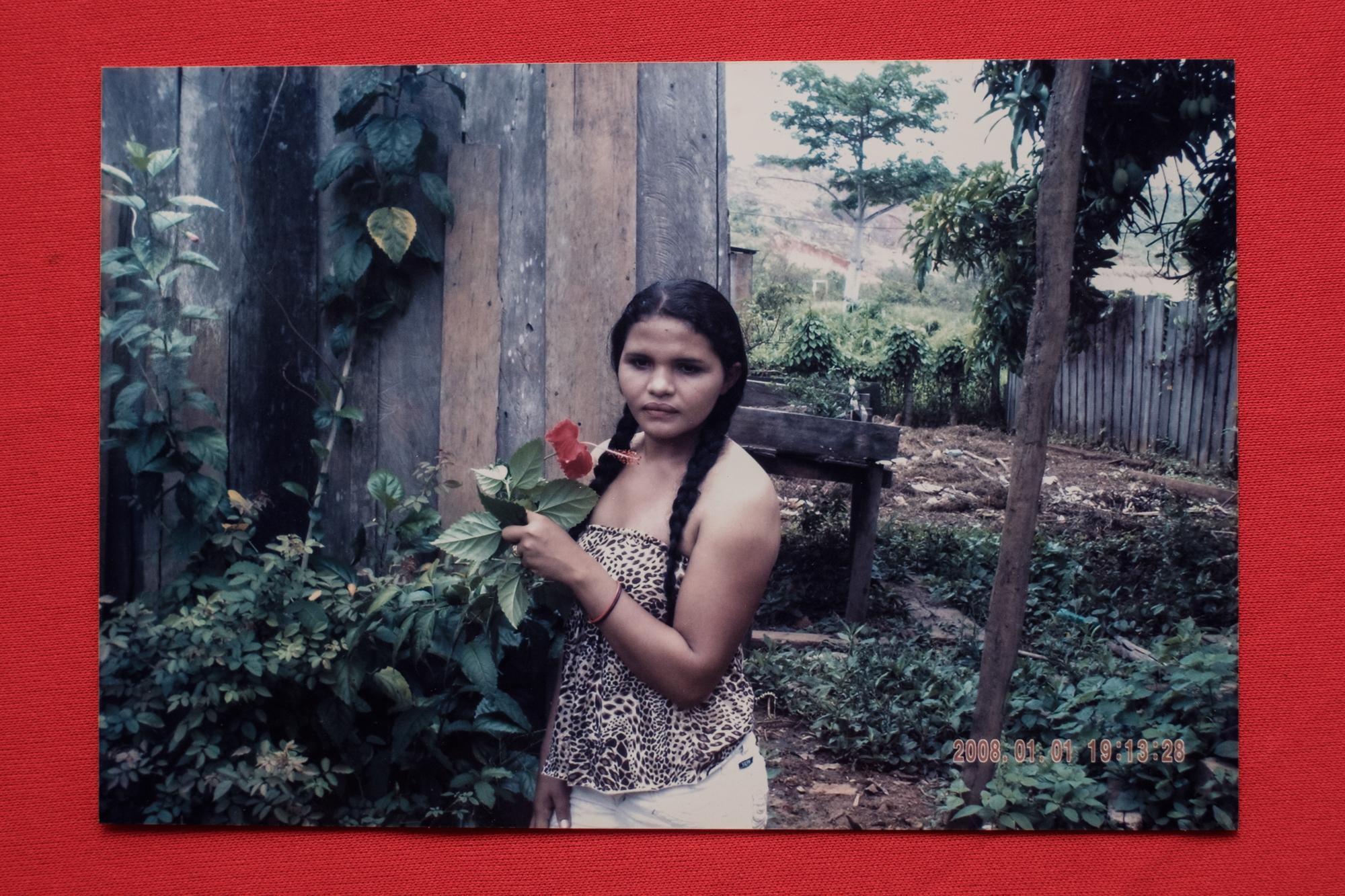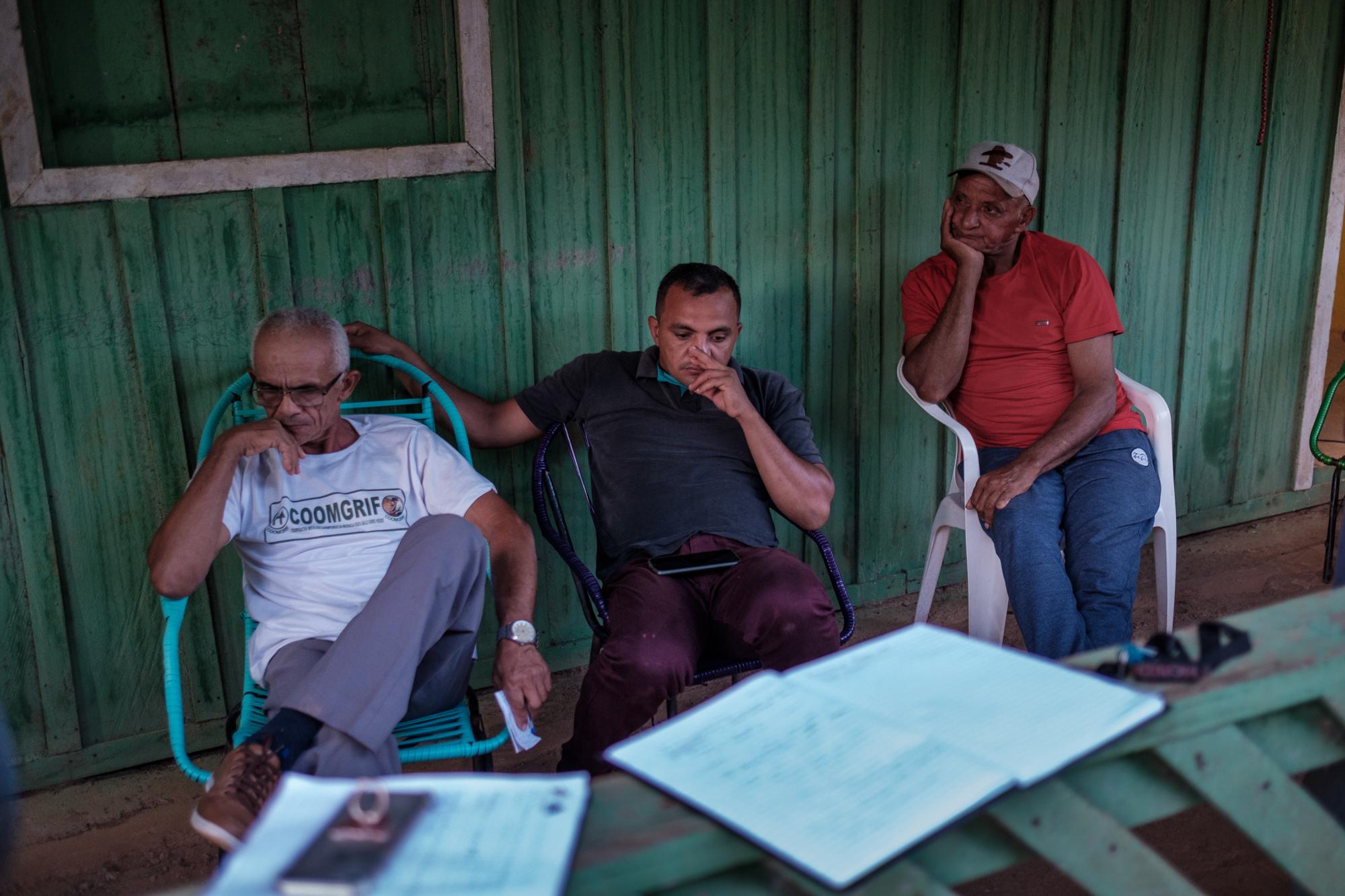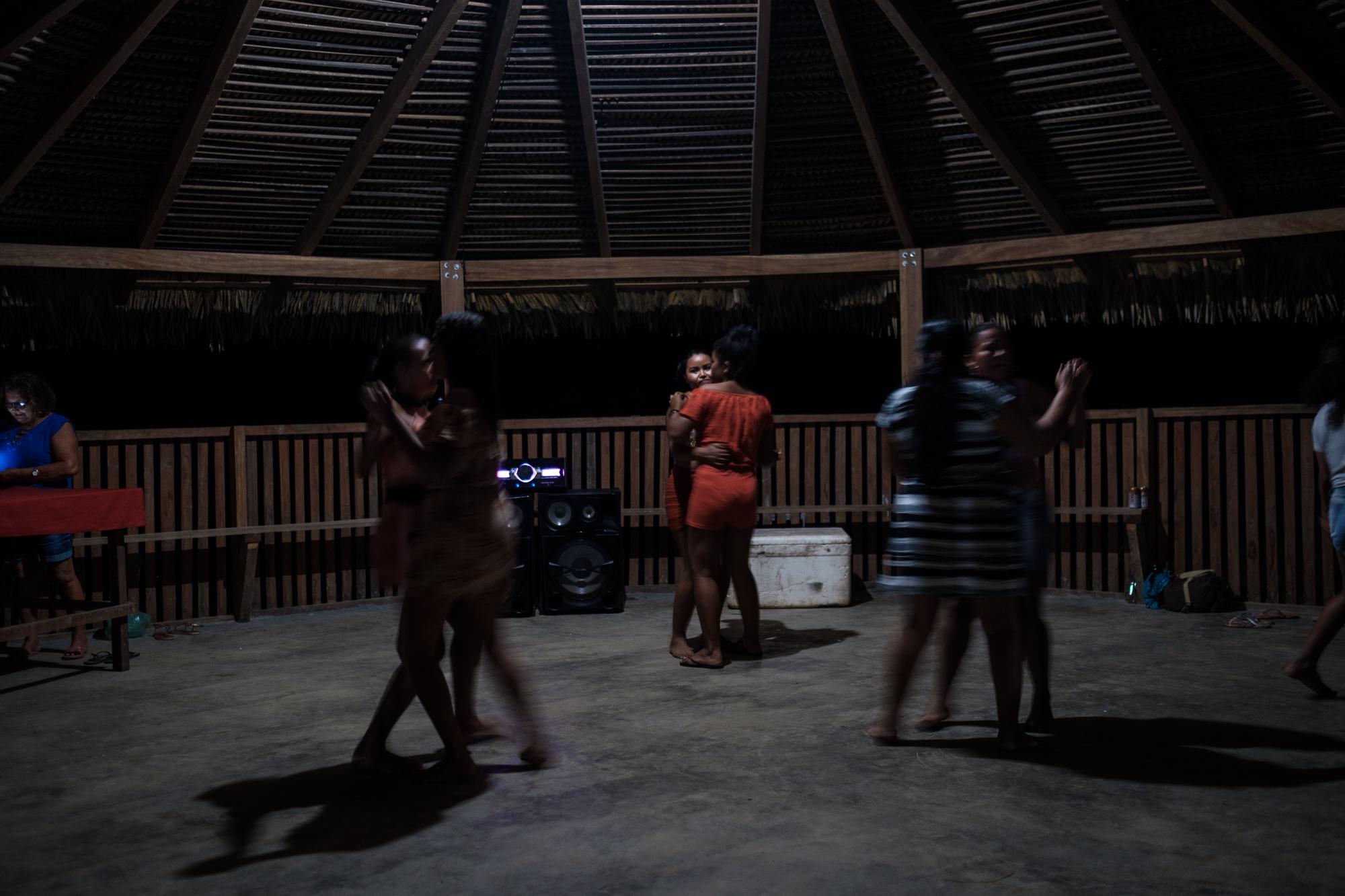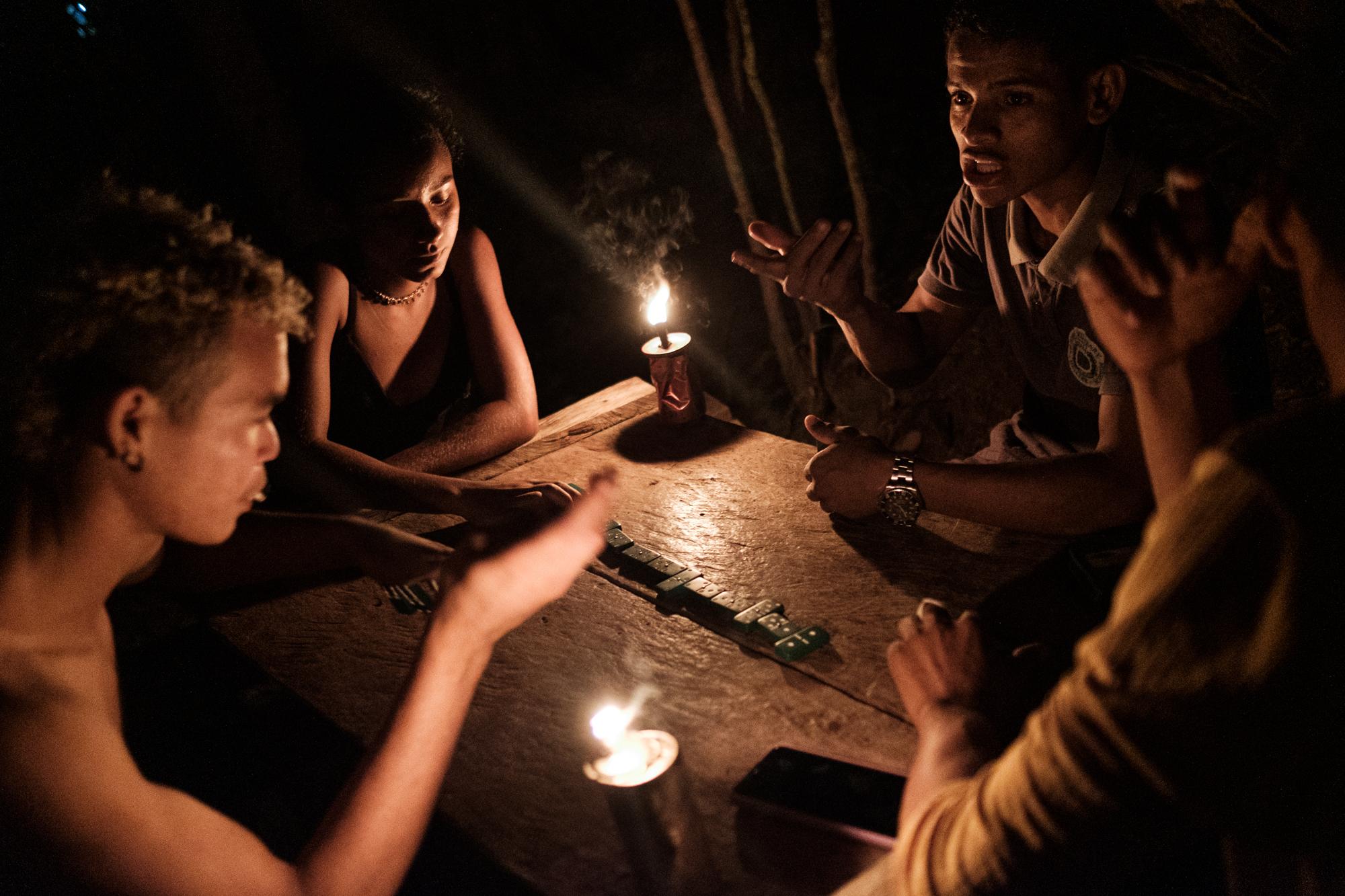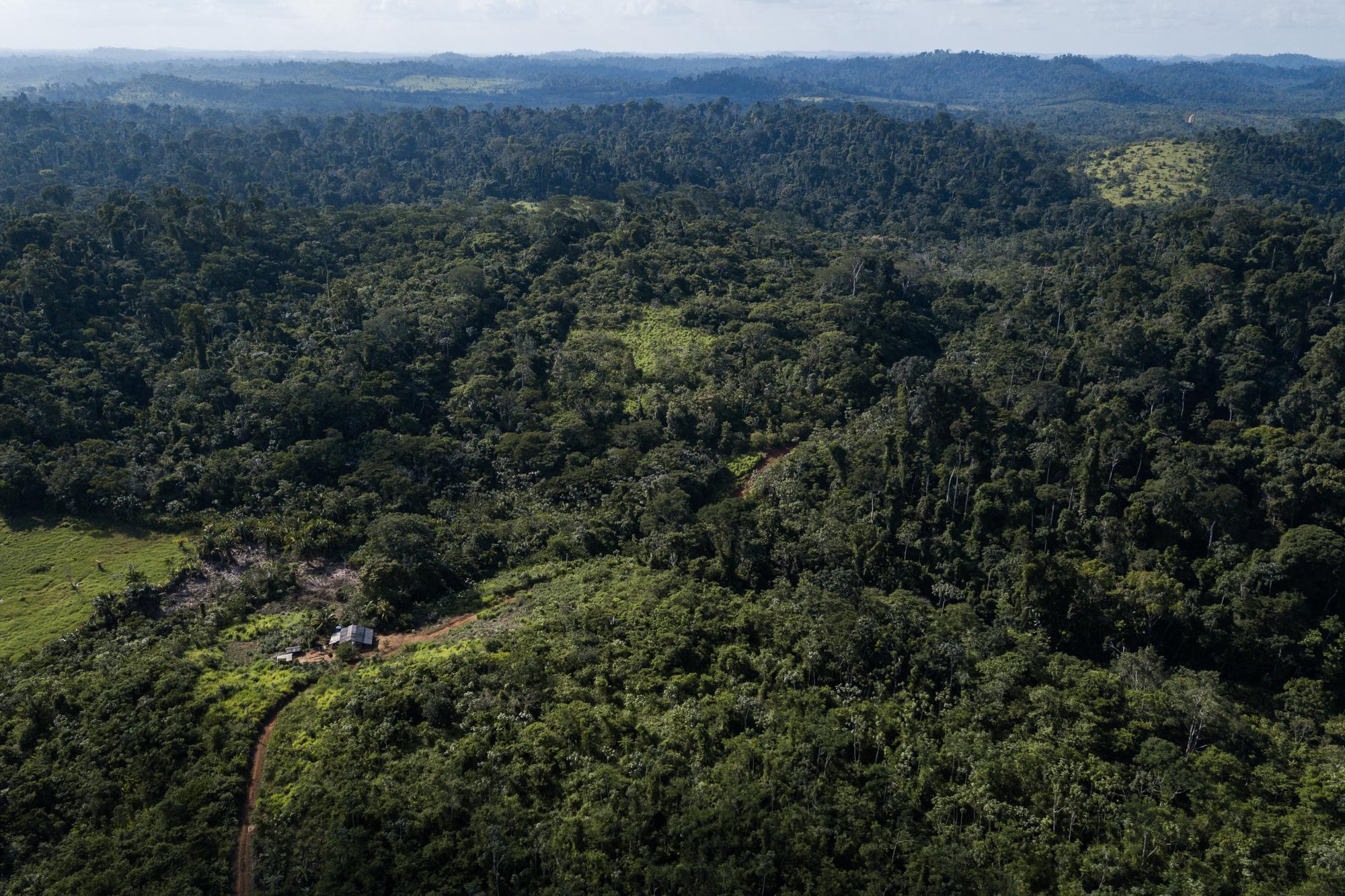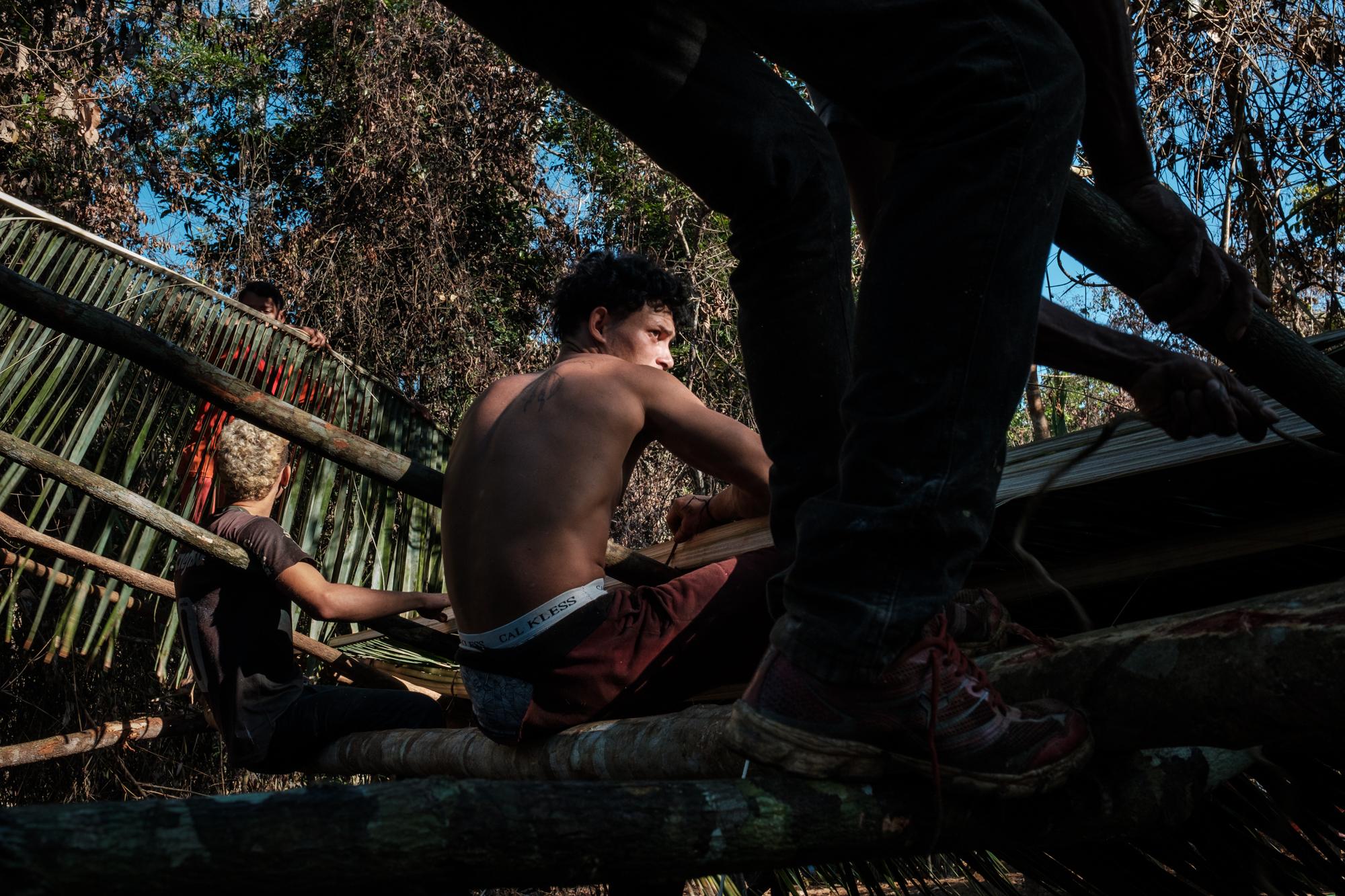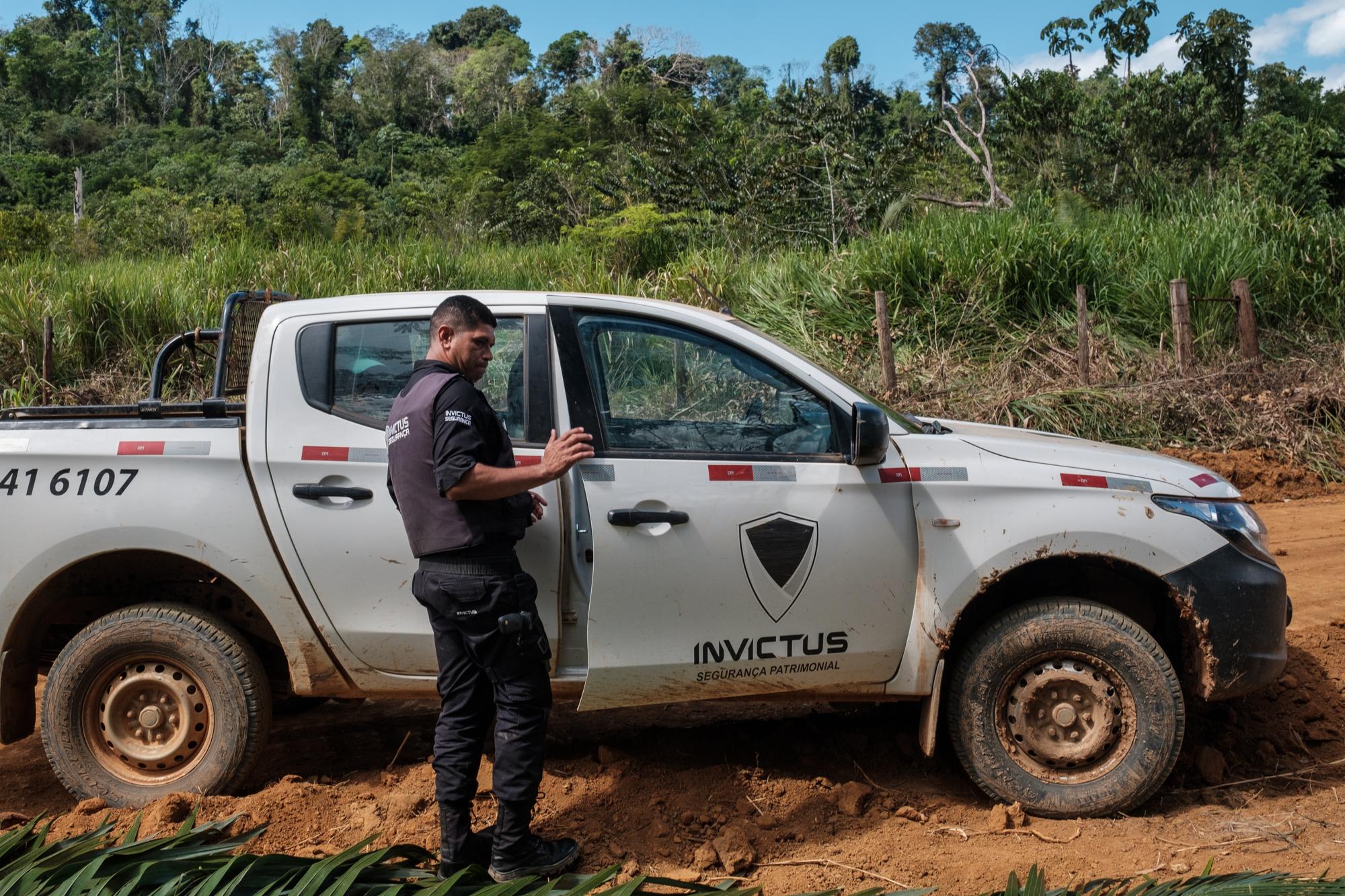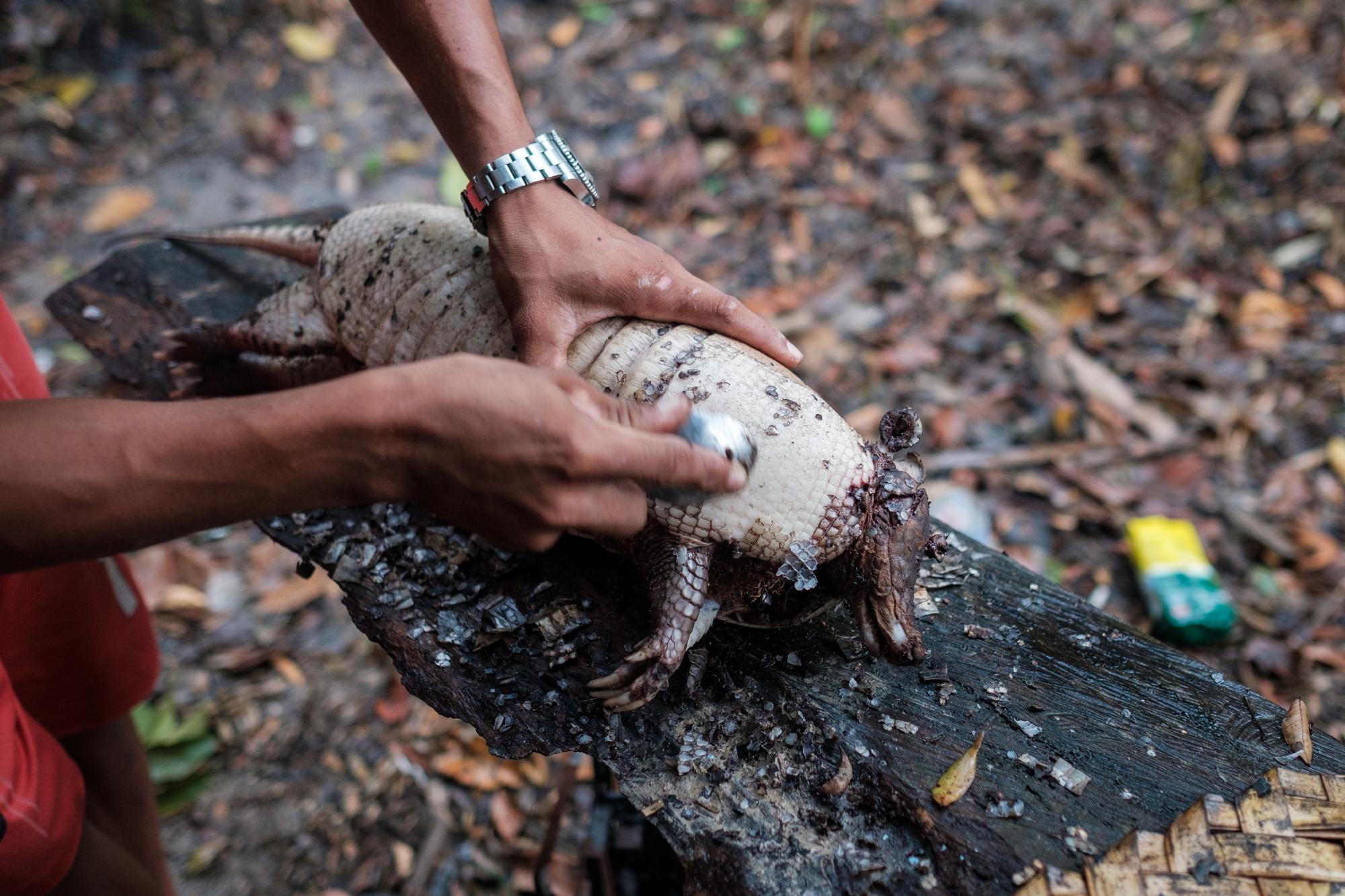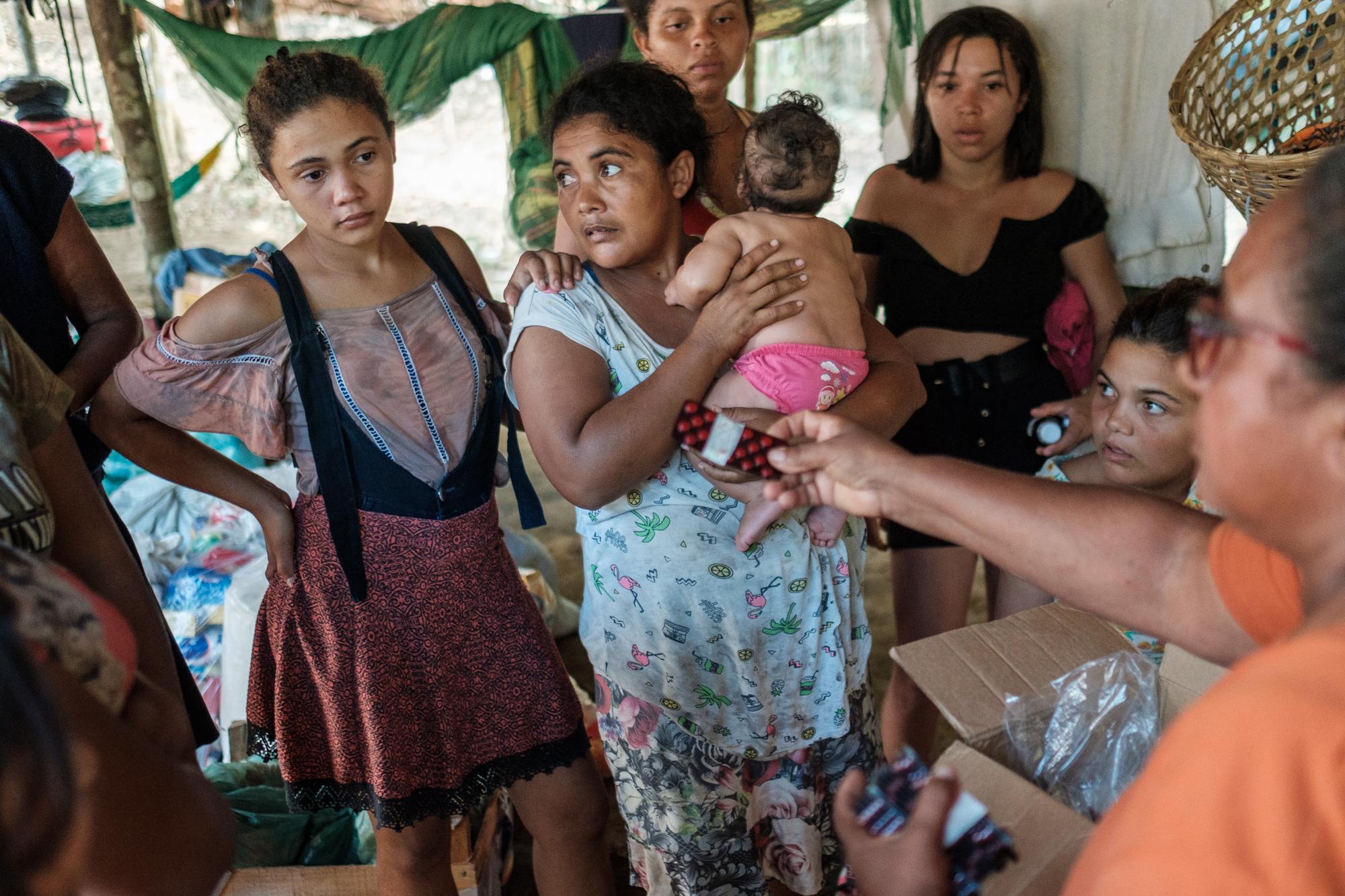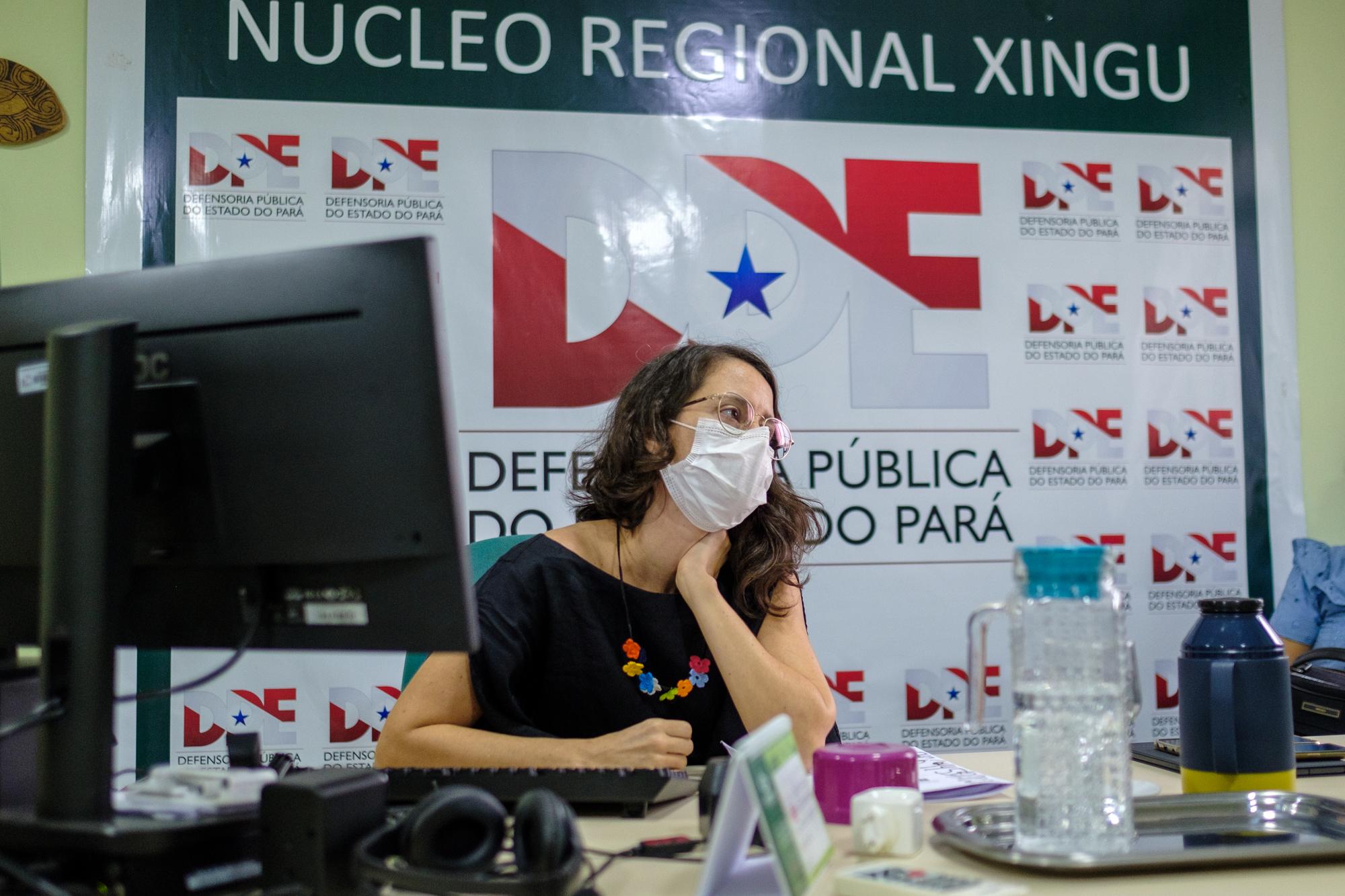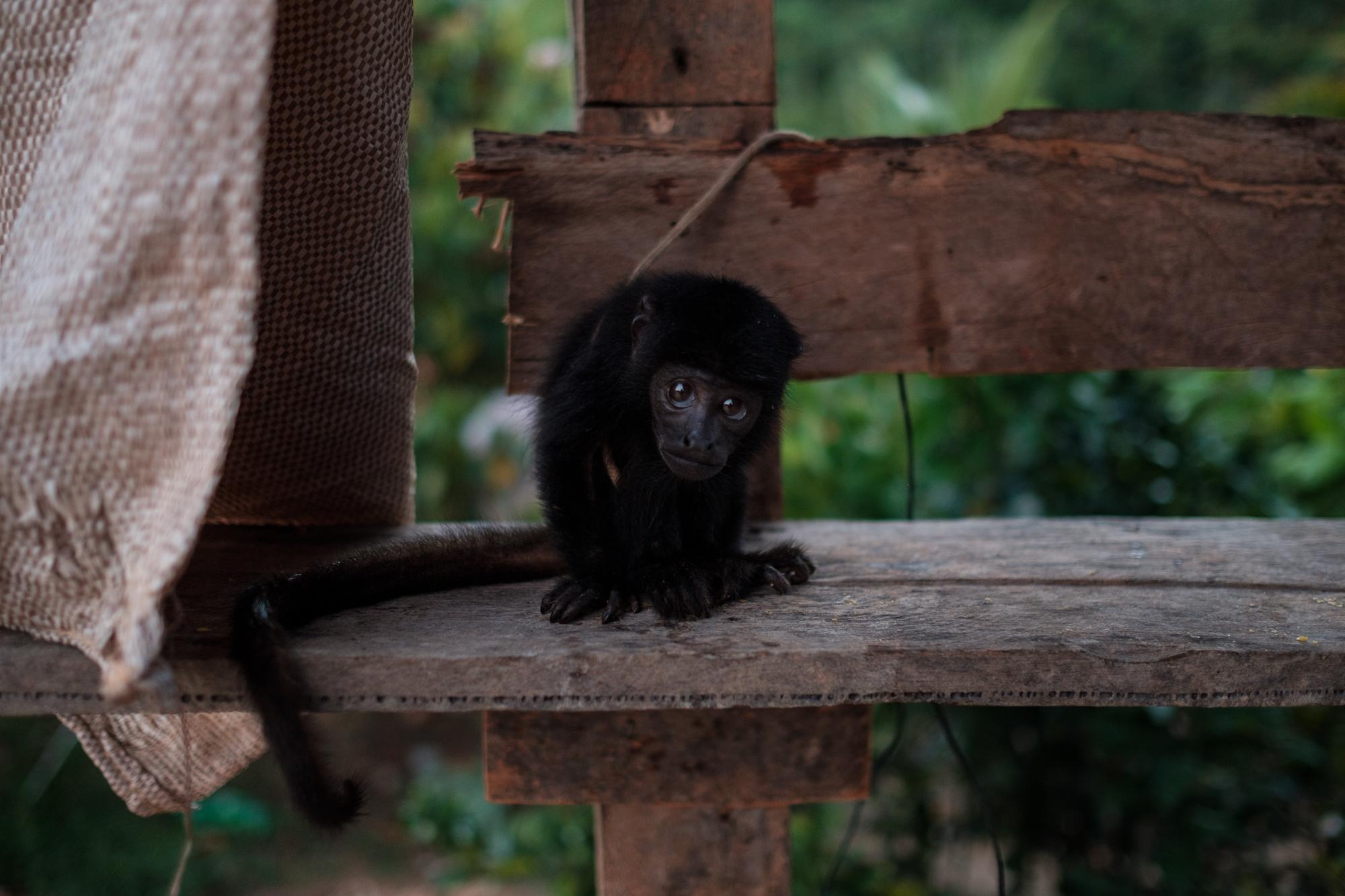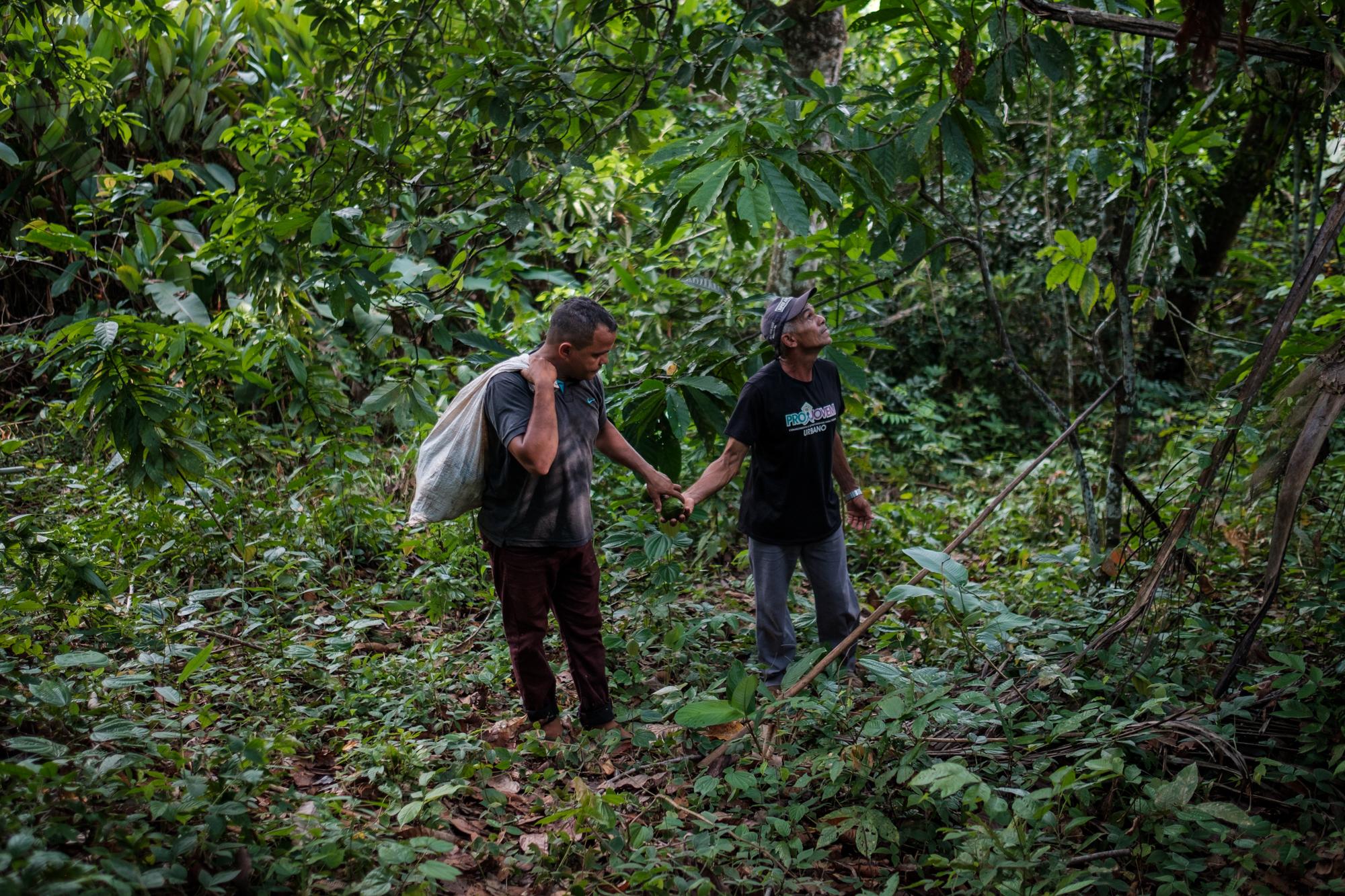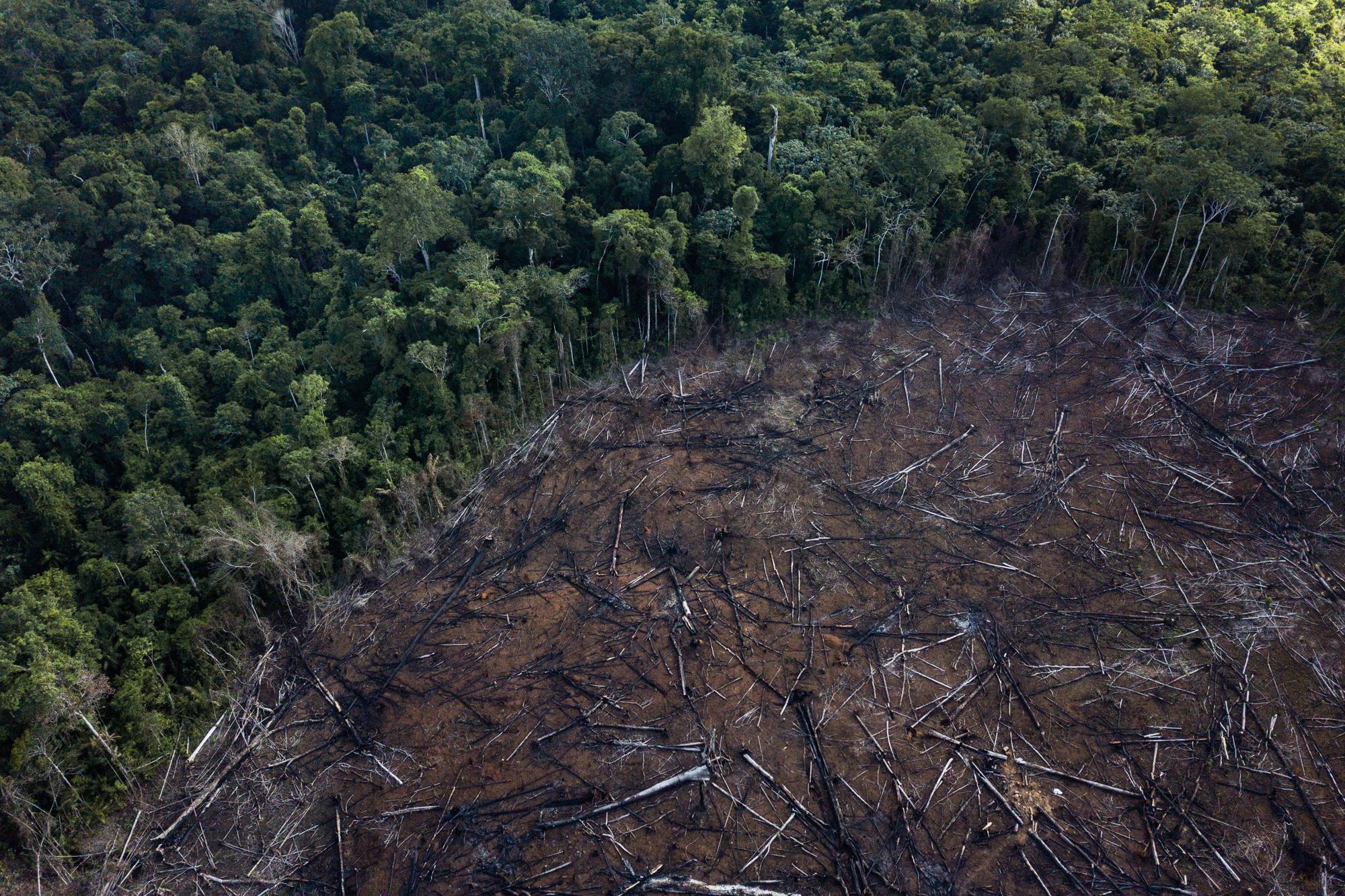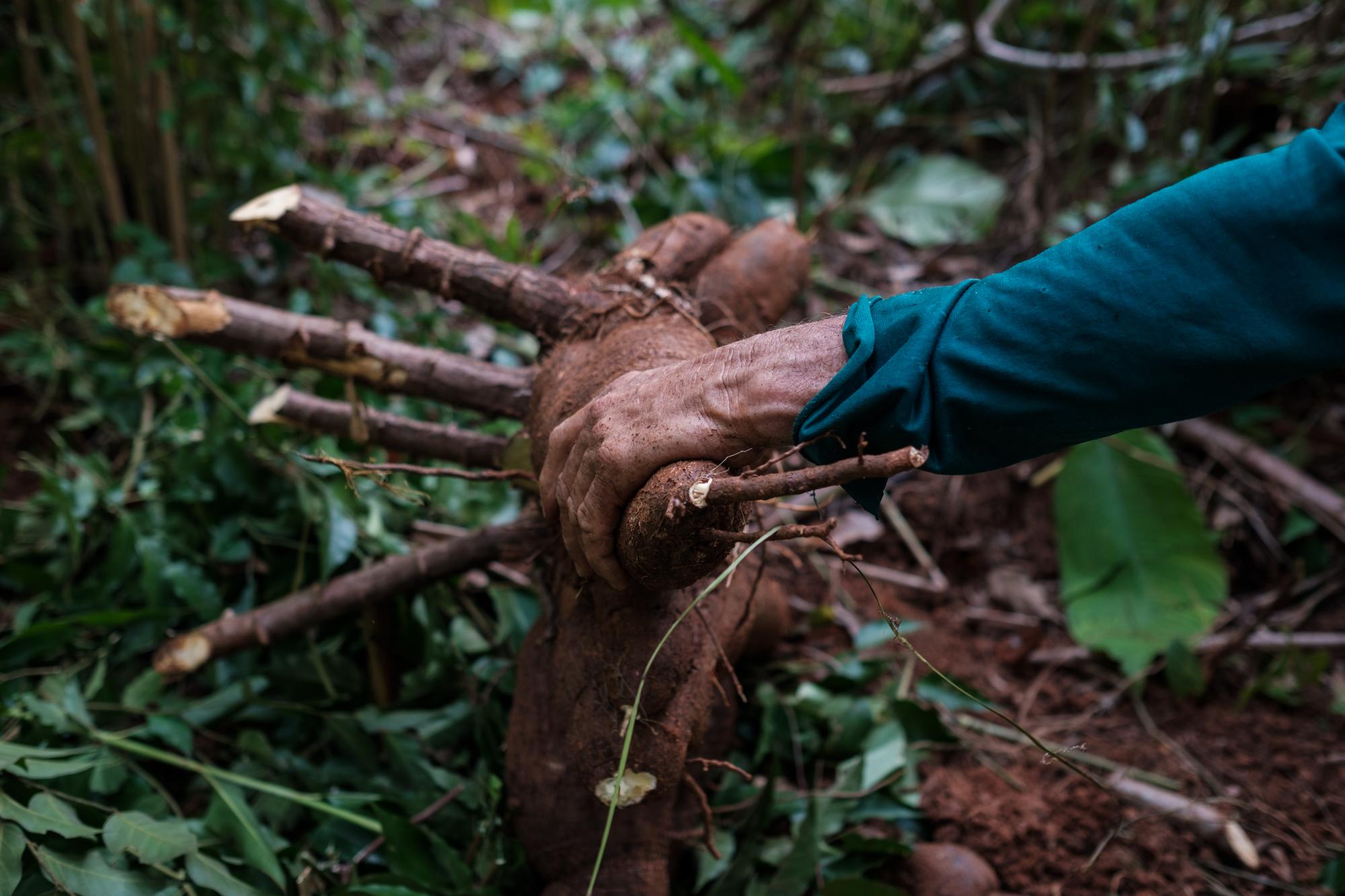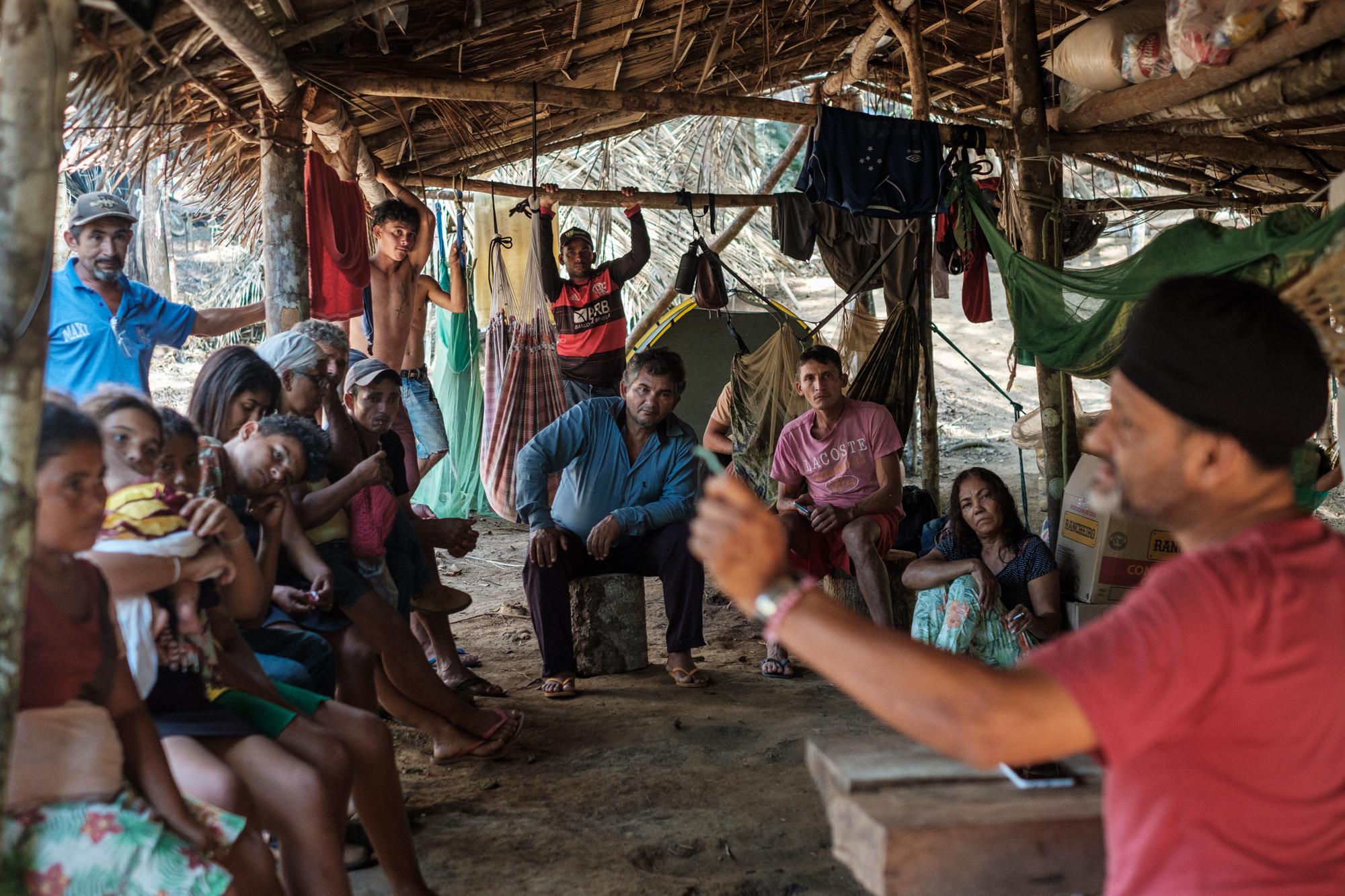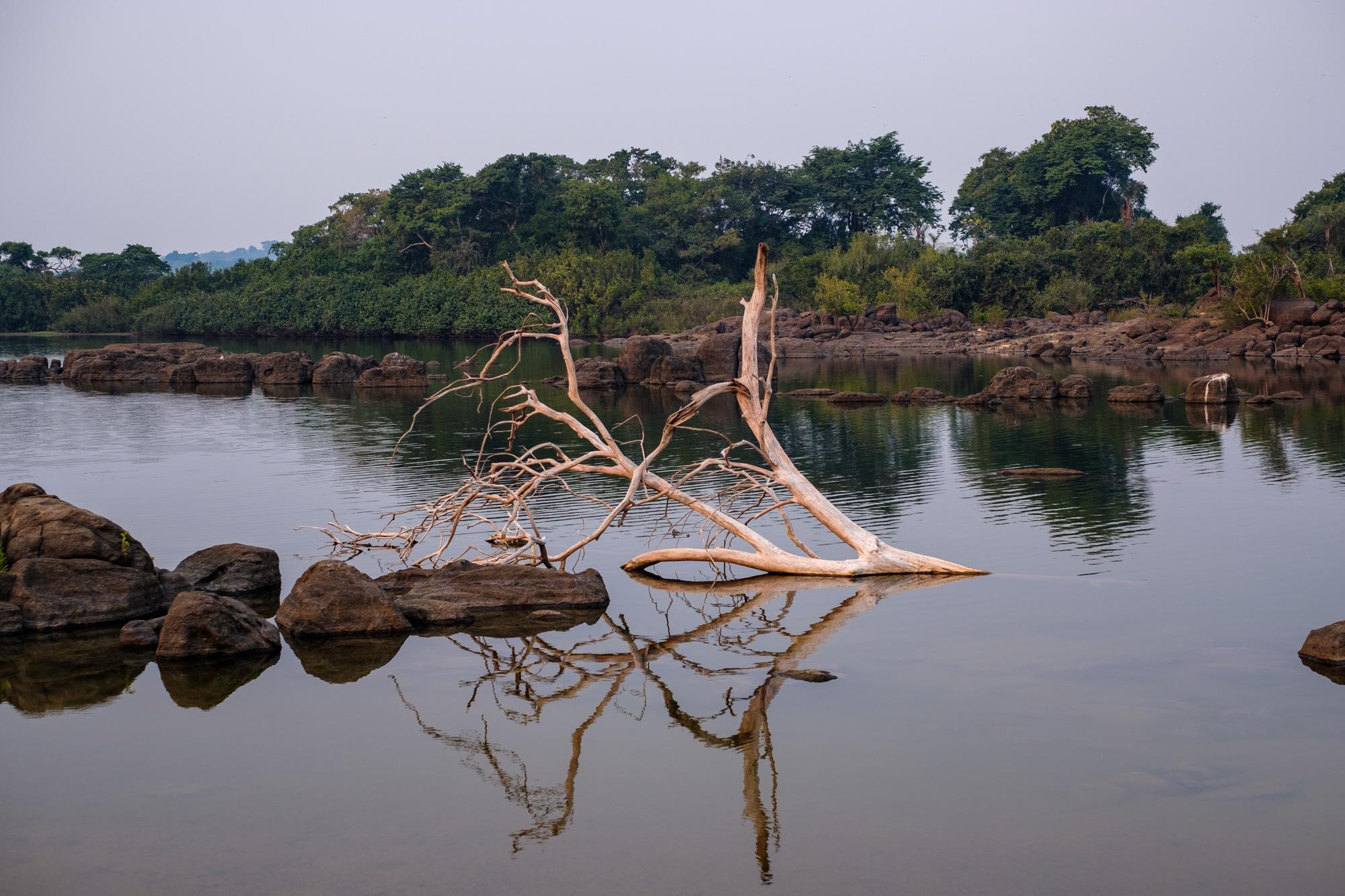Belo Sun
The Canadian mining company Belo Sun wants to build Brazil’s largest open-pit gold mine in the middle of the heart of this region. The mine would use deadly cyanide in the recovery process along with the same tailings dam as the ones that burst in Minas Gerais state, burying entire communities and hundreds of people under a toxic sludge. The "unacceptably high" risk to the Xingu, should the mine come to pass, has motivated a small but determined resistance against the company.
The riverside community of Vila da Ressaca on the site of the proposed mine is caught in the middle of a struggle for the region's future. For years Belo Sun has taken advantage of pro-mining government policies, corrupt authorities, and the absence of law and order to advance the project towards construction. Numerous legal challenges to its licenses and repeated omissions in the community consultation process have not stopped the company from advancing its agenda even during the Covid-19 pandemic.
A lack of basic infrastructure and services available to communities in the remote and poverty-stricken region scarred by the construction of the Belo Monte dam has disrupted resistance. In the absence of public services, many see the private companies as the only way forward. Meanwhile, illegal loggers, land grabbers and gold prospectors have only intensified their activities, encouraged by the weakening of oversight linked to Jair Bolsonaro's rightwing government and his local allies and their open-door policy towards the exploitation of the Amazon. In 2021 the federal government named the Belo Sun's Volta Grande project one of "national security". Under intense pressure from outsiders who see the land, forests and rivers as a commodity, the communities that depend on them for their survival continue to resist, unsure of their future.
“They want to take in a few years everything that has sustained us for decades,” says Idglan Pereira Sousa, 34, a lifelong resident of Vila da Ressaca, “we don’t have this capitalist mentality, ‘today I want ten thousand, tomorrow twenty, the next day thirty’ and we’re never satisfied. This [community] is ancient, it could last for generations.”
–
This project began in 2020 with a video commission from Mongabay to accompany an investigative report on the Belo Sun case. A selection of images from this project have been published in the Estadão de São Paulo newspaper stories following an illegal land deal between Belo Sun and the federal government at the end of 2021. Two mini-docs were then commissioned by Amazon Watch and the Associação dos Povos Indígenas do Brasil (APIB) on two communities affected by the proposed project for their international report on mining in the Amazon, Complicity in Destruction IV, released in early 2022. Finally, an updated report with new work was published with Mongabay in early 2023. Photos from this work contributed to an investigation by The Globe & Mail in late 2023, both print and online.
